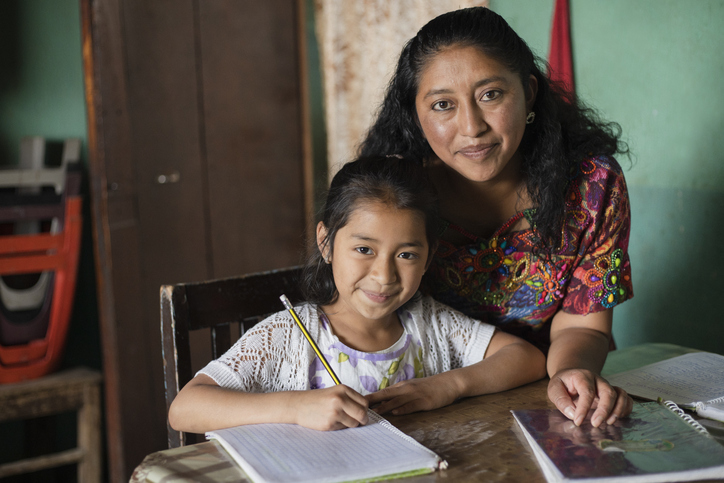

With governments across the world adopting new policies to support Indigenous and regional minority languages (for instance, see UN’s International Decade of Indigenous Languages), it may seem like people in power are finally beginning to embrace linguistic diversity. But make no mistake—there’s still a long way to go.
In Mexico, for example, speakers of Indigenous languages still face challenges that their Spanish-speaking counterparts may not—according to Mexico News Daily, speakers of Indigenous languages in the state of Chiapas are still subjected to Castilianization practices, which serve to convert these communities to primarily Spanish-speaking ones. Although Mexico is home to several dozen Indigenous languages, like Nahuatl and Mixtec, the vast majority of these languages have become endangered due to Spanish’s predominance.
A recent survey published in Mexico News Daily and conducted by researchers at Western Kentucky University seeks to explore the public’s attitudes toward Indigenous language education in the country. Although the Mexican government’s efforts to preserve Indigenous languages have been somewhat lackluster, it appears that the Mexican public is generally quite supportive of efforts to preserve and revitalize Indigenous languages.
“For those fighting to preserve Mexico’s Indigenous heritage, it is clear that they are still supported—at least in theory—by the majority of Mexicans,” the report reads.
The vast majority—87%—of respondents to the survey said they agreed with the statement that “the presence of Indigenous people is important to Mexican culture.” The researchers also asked respondents about their thoughts on teaching Indigenous languages and English in schools—the majority of respondents agreed that it was important to teach these as subjects in school, though Indigenous languages received a bit less overwhelming support than English (88.4% of respondents supported teaching English in school compared to 70.8% for Indigenous languages).
The researchers noted that the Mexican government has made some efforts in recent years to support Indigenous languages, such as the country’s Inali, or the National Institute of Indigenous Languages, which made strides during the pandemic, providing people with a variety of online resources to learn Indigenous languages. Currently, Nahuatl is one of the few languages indigenous to Mexico that is not endangered—most of the country’s Indigenous languages have less than 100,000 native speakers.
Andrew Warner






